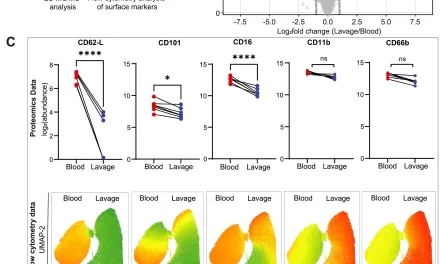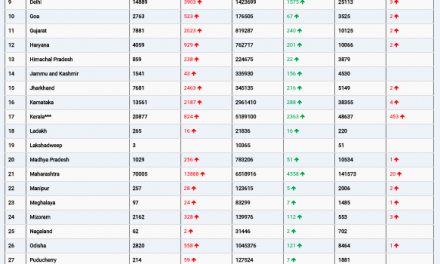In a groundbreaking study conducted by researchers at Cornell University in Ithaca, New York, the prevailing narrative surrounding babies’ immune systems has been challenged, offering a fresh perspective on their resilience against infections.
Led by esteemed scientists Brian Rudd and Andrew Grimson, the research sheds light on a previously overlooked aspect of newborn immune responses, presenting a paradigm shift in our understanding of T cells, the body’s primary defense mechanism.
Contrary to conventional wisdom, which portrayed newborn T cells as immature and ineffective, the study published in Science Immunology on February 23 reveals a remarkable capability in infants’ immune systems. Rather than being deficient, newborn T cells demonstrate a unique adeptness at engaging in the innate arm of the immune system, providing rapid protection against a wide array of microbes.
This innate power of newborn T cells is likened to a Swiss Army knife, offering versatility and adaptability in combating unfamiliar pathogens. While adult T cells excel in precision, newborn T cells exhibit a broader spectrum of protection, capable of mounting a swift defense against various bacteria, parasites, and viruses from birth.
The research, funded by the National Institute of Allergy and Infectious Disease and the National Institute of Child Health and Human Development, not only expands our scientific knowledge but also holds significant therapeutic implications. By understanding the nuanced roles of neonatal T cells, new avenues for therapeutic interventions are unveiled, particularly in leveraging the innate immunity activation pathway.
Dr. Rudd, co-author of the study, underscores the importance of further exploration into the fate of neonatal T cells in adulthood and their impact on disease susceptibility and outcomes. This line of inquiry promises to deepen our understanding of human immunity across different life stages.
The implications of this research extend beyond academic interest, offering practical insights into enhancing disease resistance from birth. By harnessing the innate strengths of neonatal T cells, researchers envision innovative treatments that could significantly improve health outcomes and mitigate the impact of infectious diseases.
As we continue to unravel the complexities of babies’ immune systems, we move closer to unlocking the full potential of T cells as guardians of health. The study represents a pivotal step in reevaluating and deepening our understanding of human immunity, paving the way for transformative advancements in healthcare.
For further details, the full study can be found in the Science Immunology Journal, offering a comprehensive exploration of the groundbreaking findings reshaping our understanding of babies’ immune systems.











